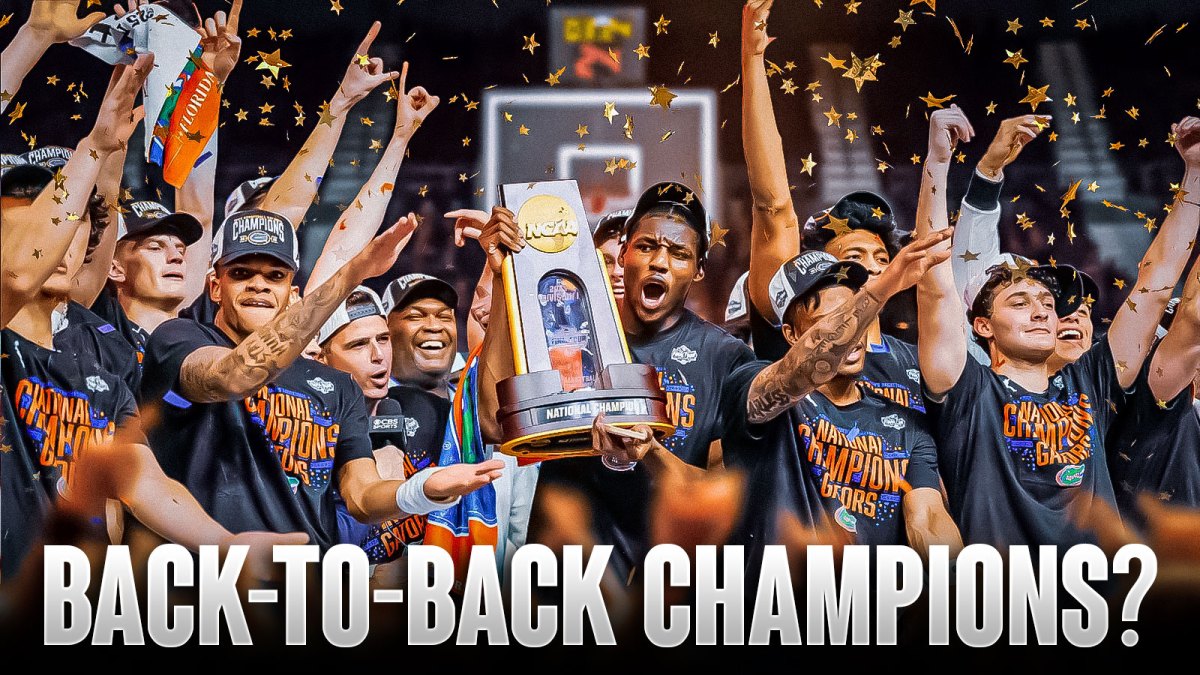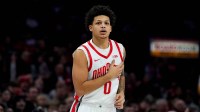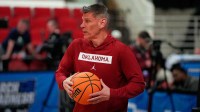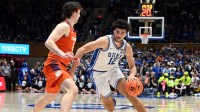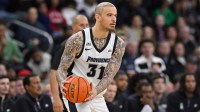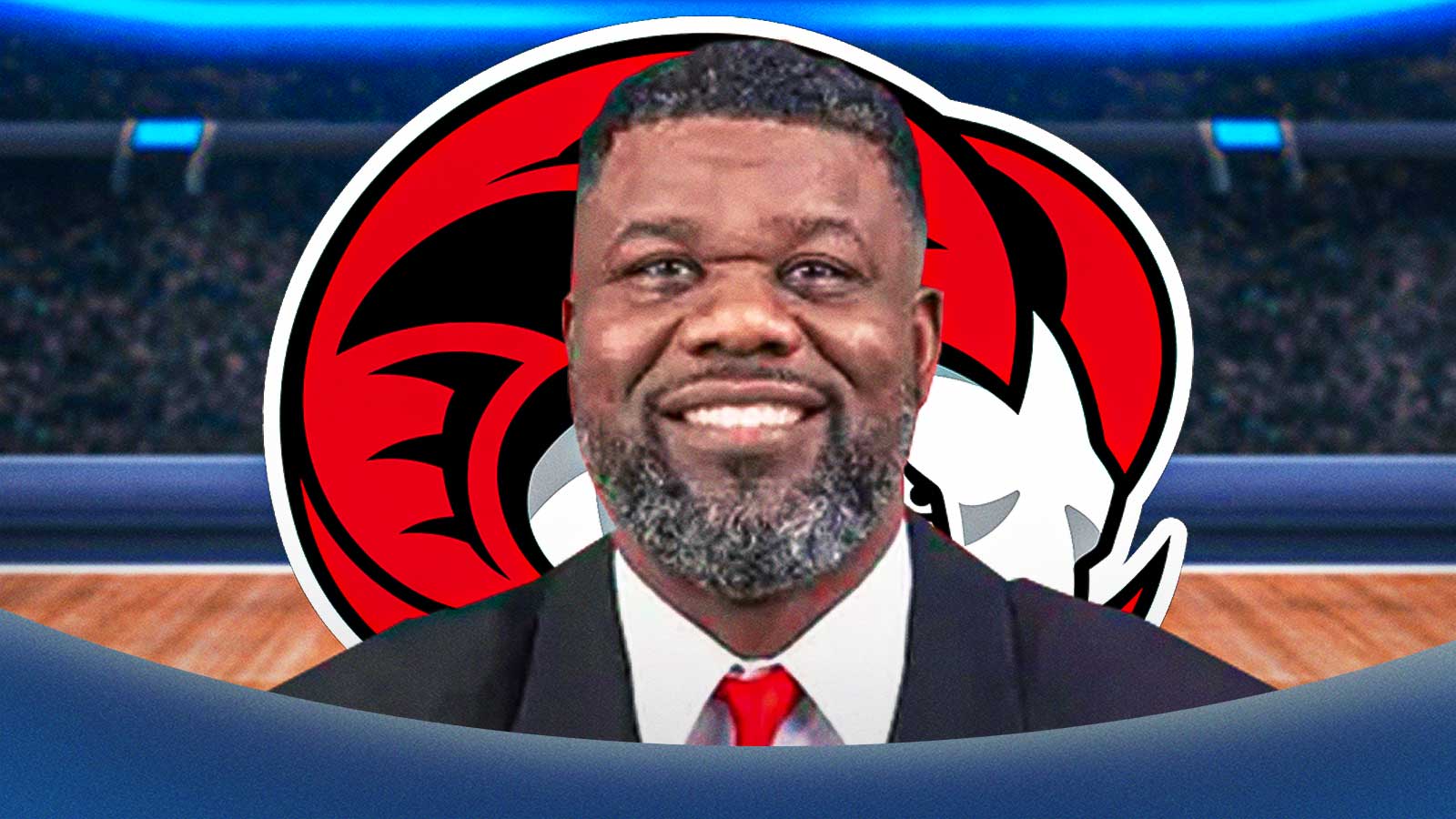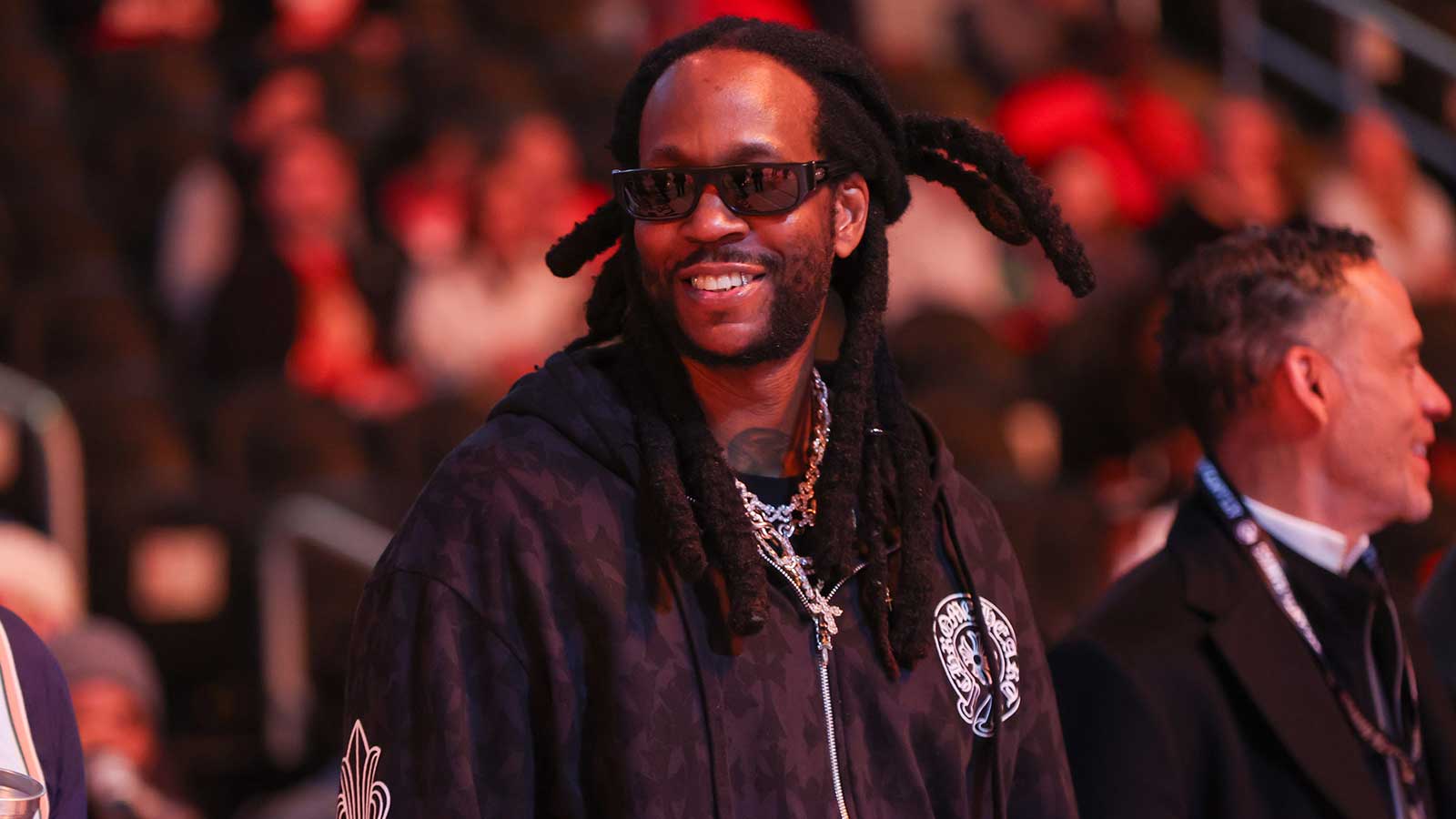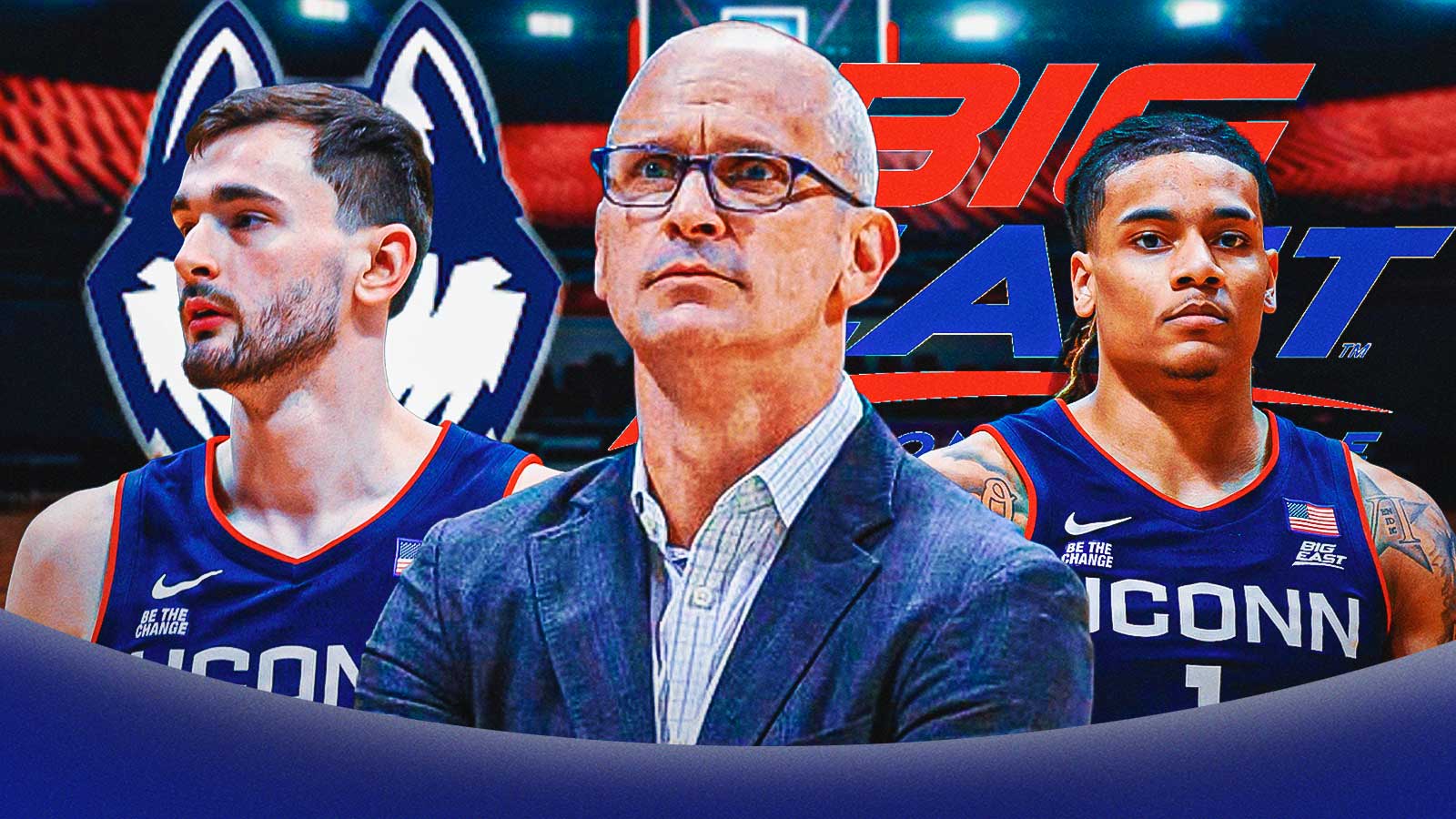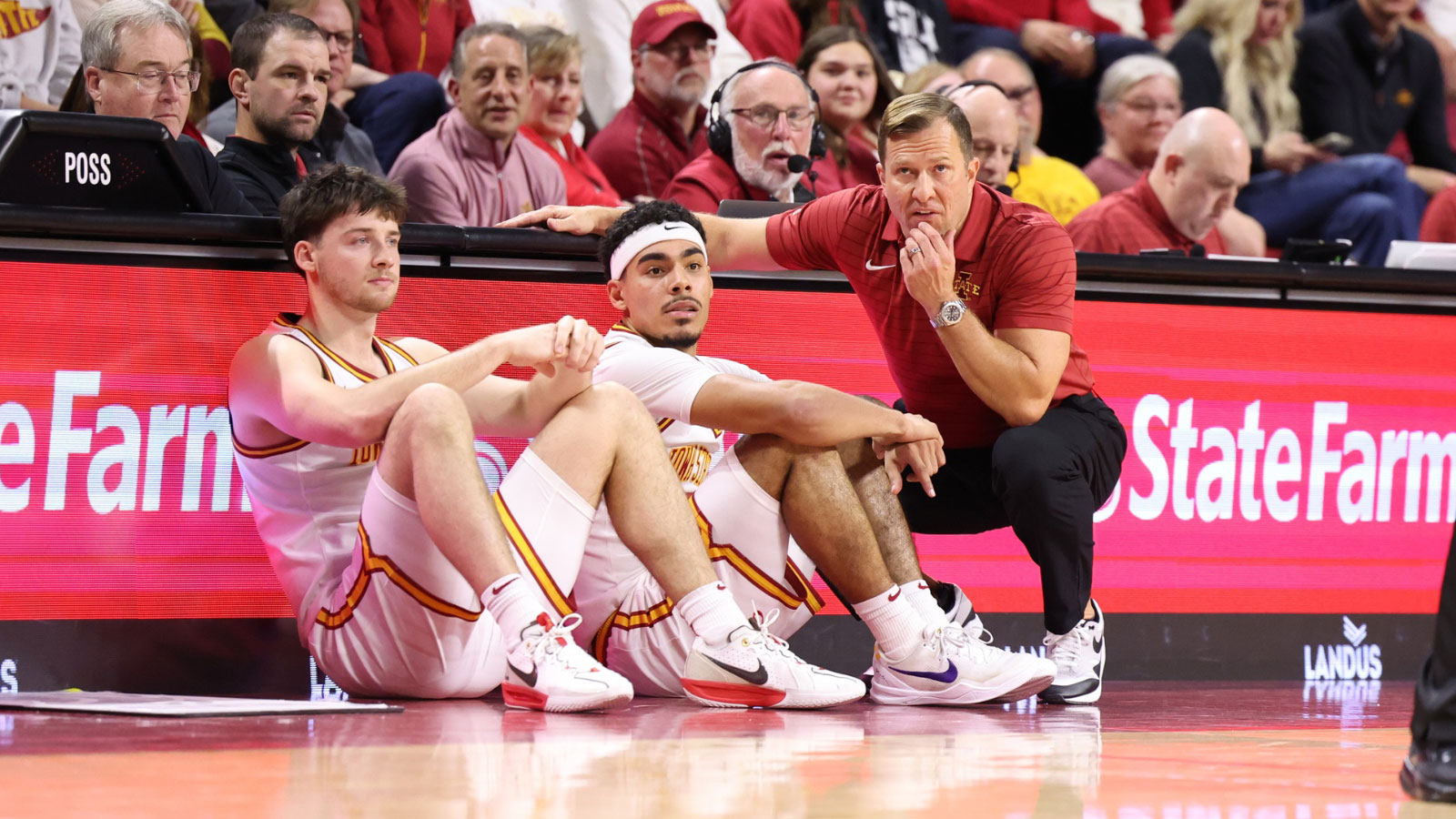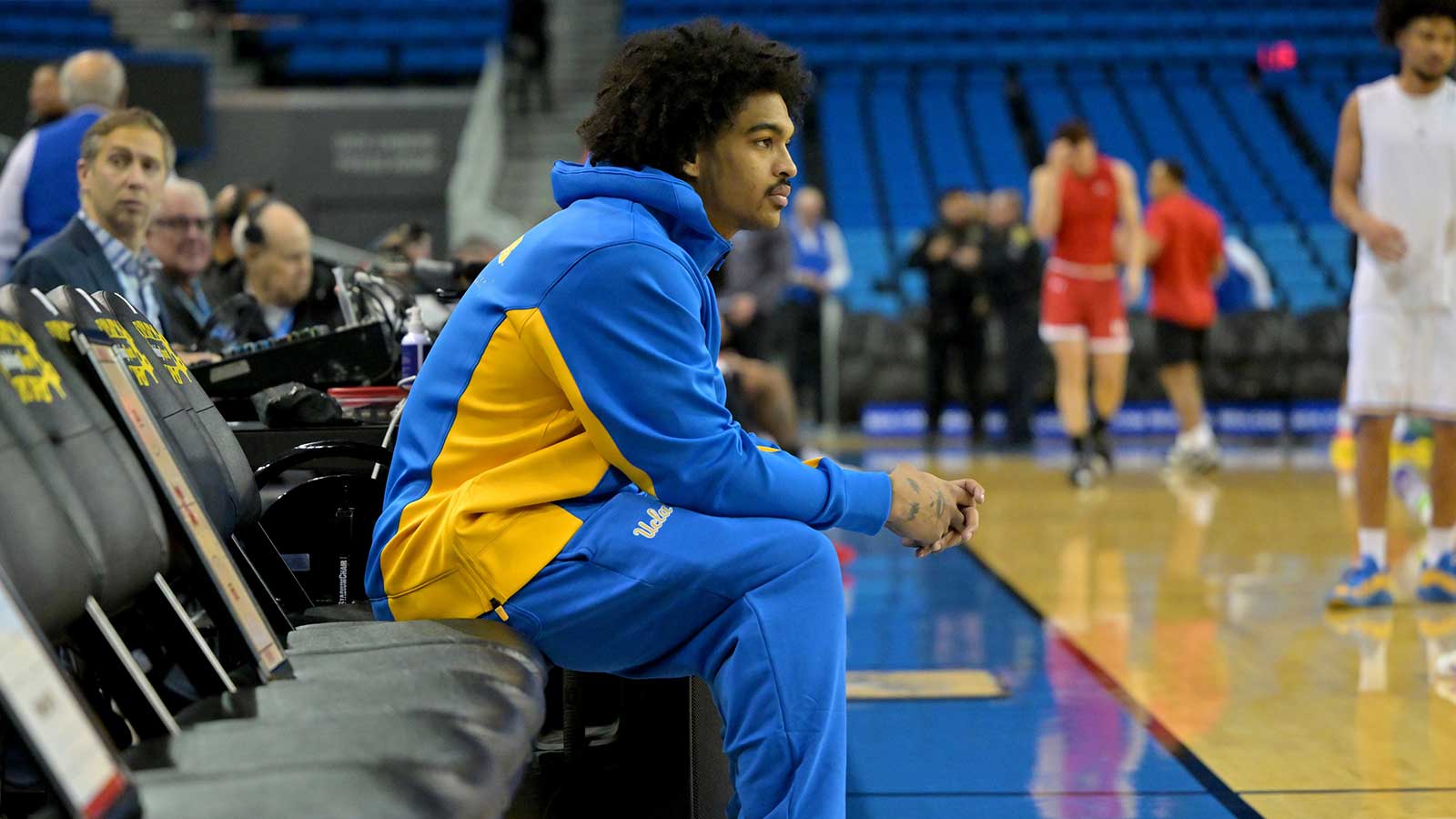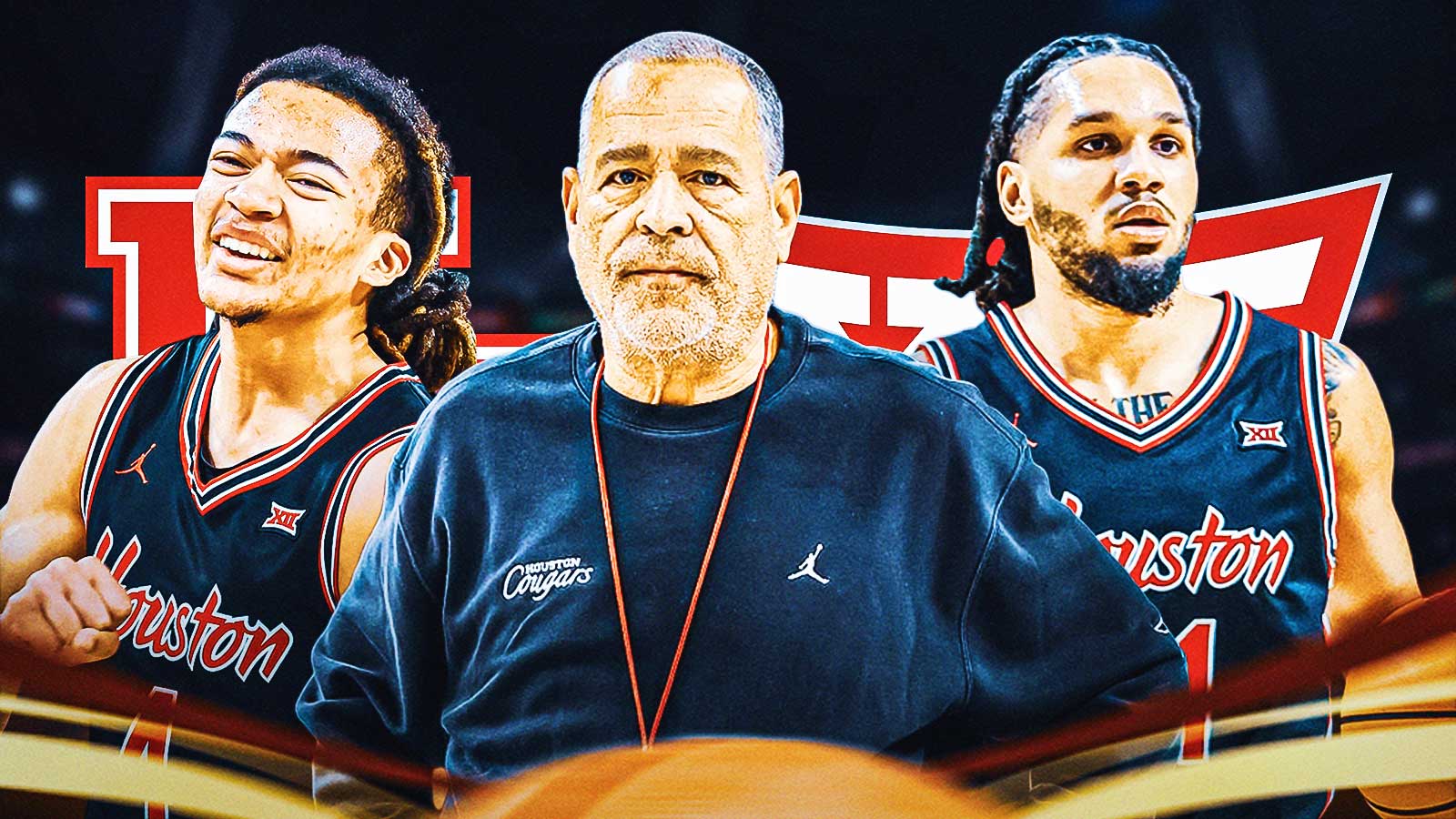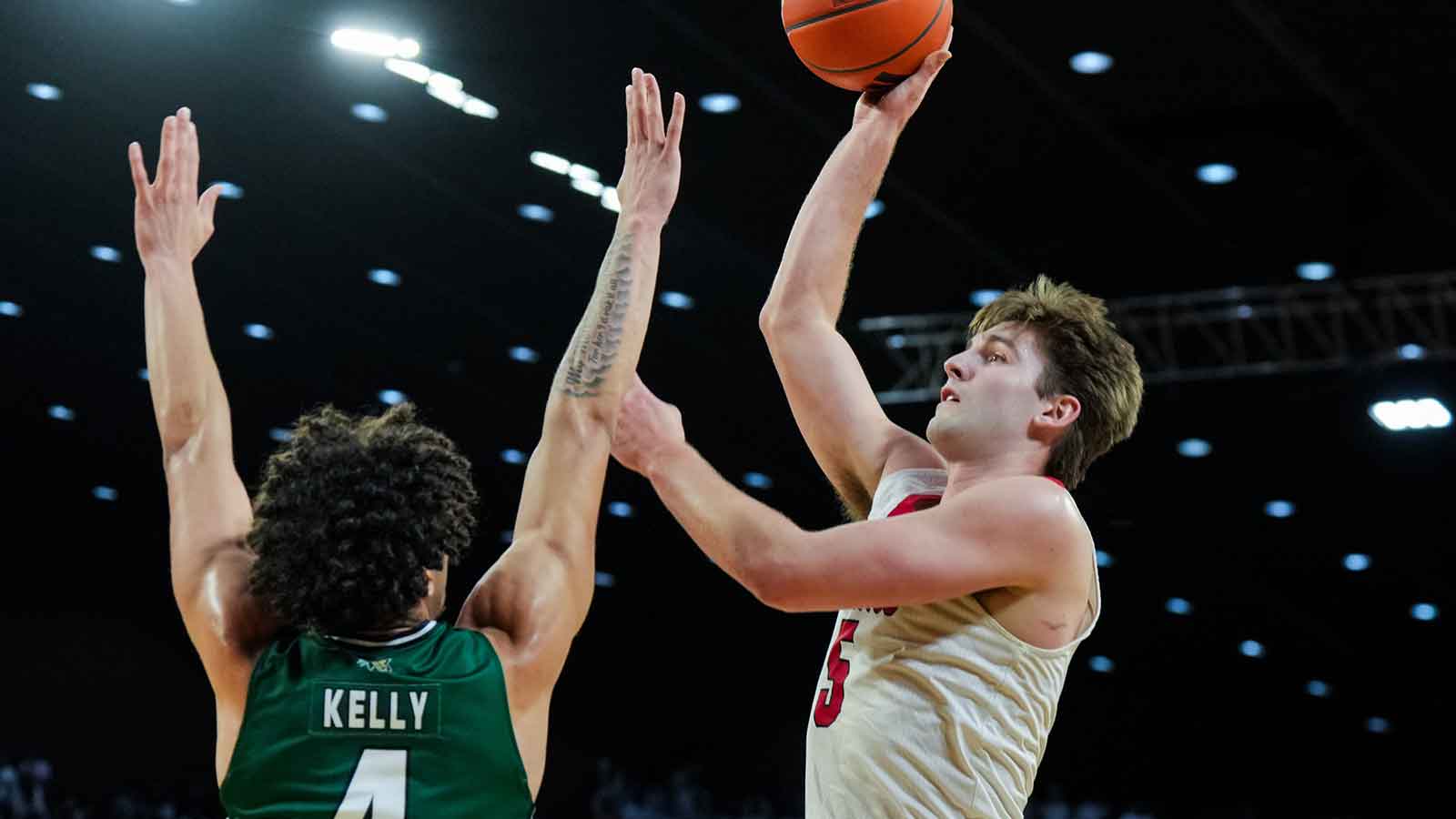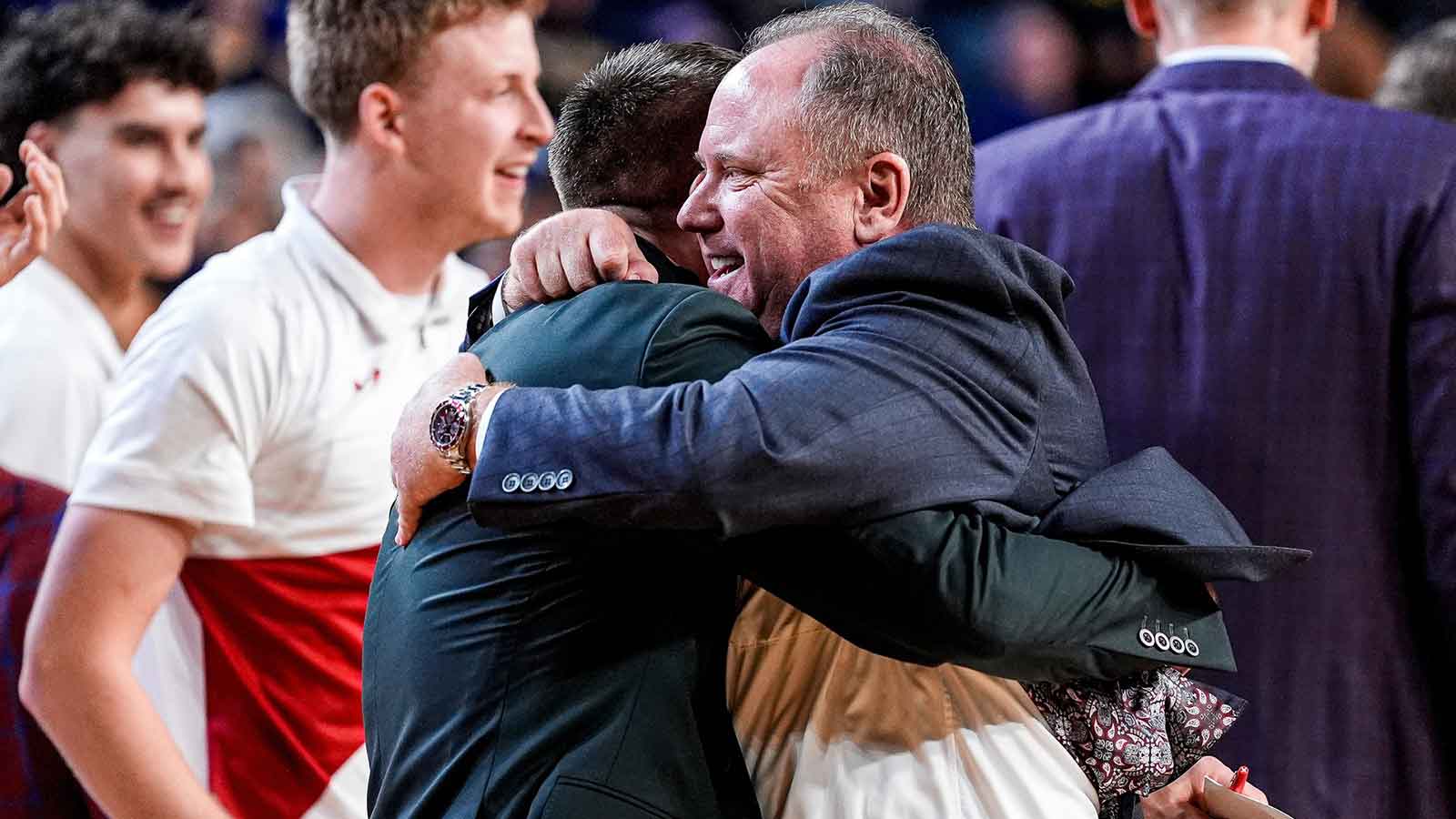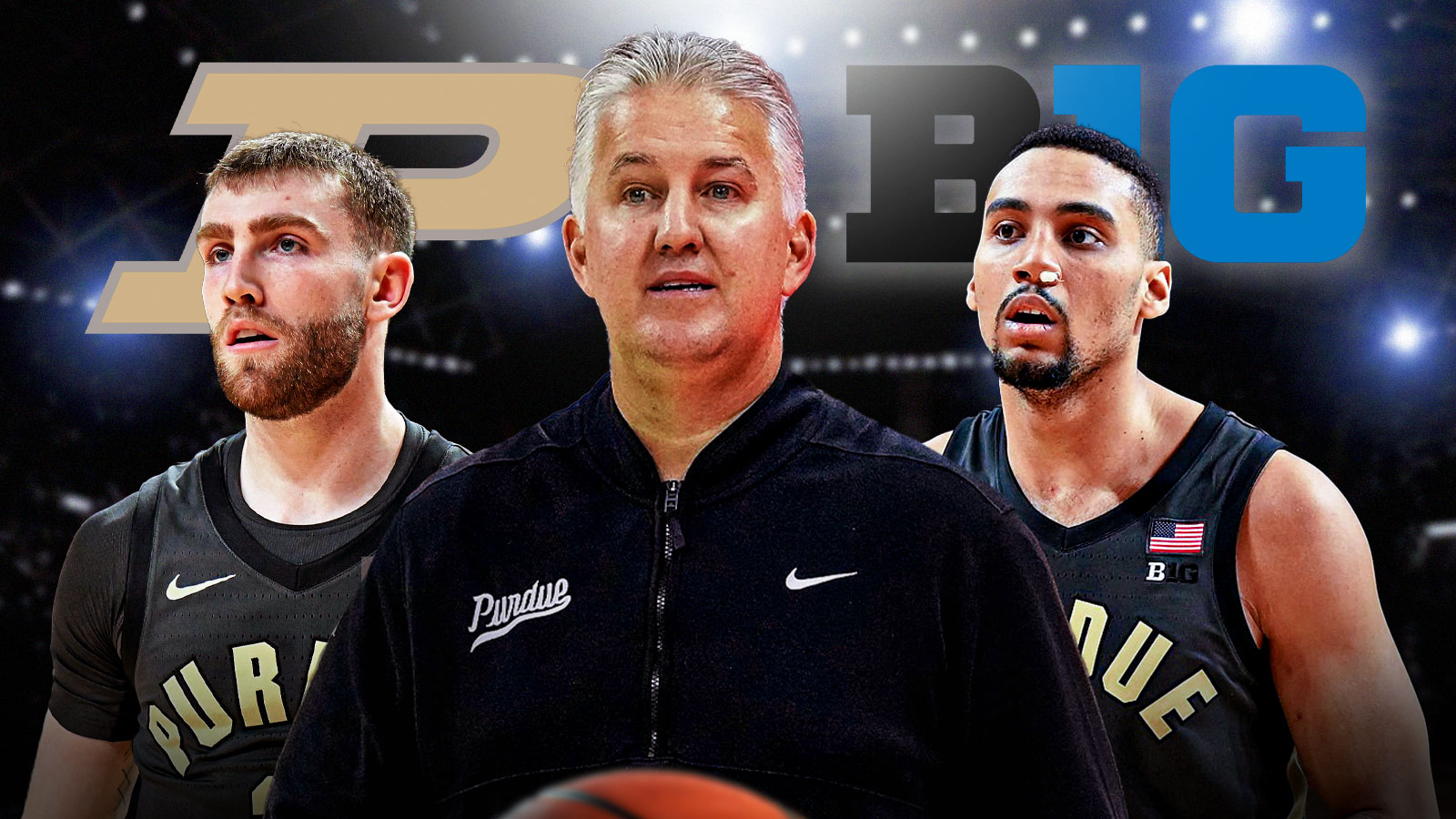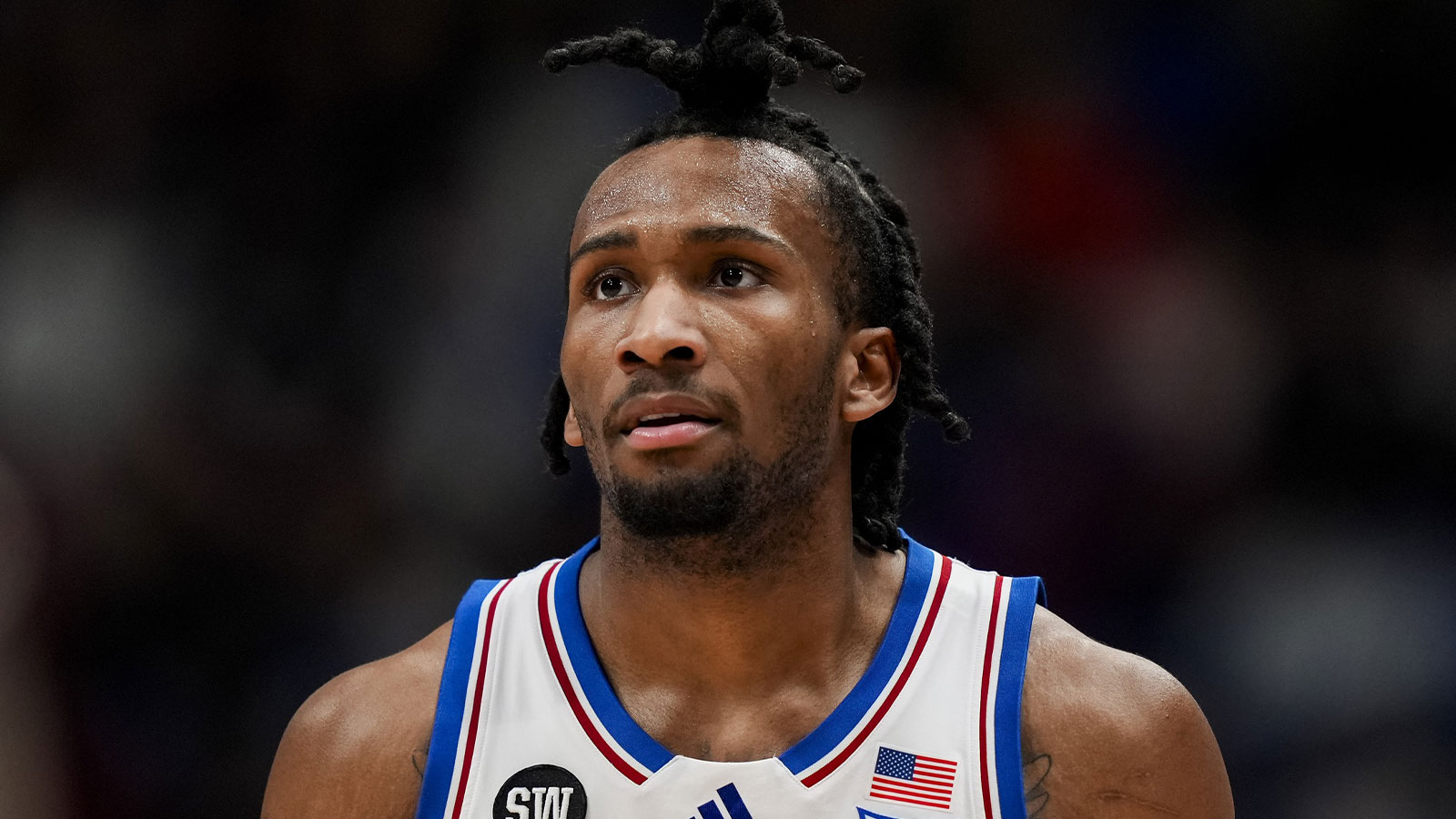UConn pulled off something special in 2024, winning back-to-back national championships for the first time since 2007. Only eight programs in Division I history have managed that feat. Florida captured the 2025 title and now get their shot at joining that exclusive list.
Todd Golden made history as the youngest coach to win a national title in over four decades, and he's betting everything on one advantage that brought the Gators their third national championship. The formula is built around size, experience, and a frontcourt rotation that's hard for other contenders to match.
Florida's four-man fortress is all coming back
Micah Handlogten, Rueben Chinyelu, Alex Condon, and Thomas Haugh return as a package deal. That's 7-foot-1, 6-foot-10, 6-foot-11, and 6-foot-9 of championship-tested size. UConn rode interior dominance to consecutive titles with Donovan Clingan and Alex Karaban anchoring both ends. Florida brings back an even deeper rotation with more versatility.
Handlogten's 260-pound frame clogs the paint and controls the glass. Chinyelu is a shot-blocker who changes everything around the rim. Condon stretches defenses as a pick-and-pop threat while rolling hard when needed. Haugh connects the pieces with screening, short-roll playmaking, and helping defense.
Against Houston in the championship game, this group delivered the defining moment. Late free throws from Alijah Martin and Denzel Aberdeen put Florida ahead 65-63, then Condon's diving save on a loose ball as time expired sealed the victory. Earlier in that tournament run, Florida erased a nine-point deficit against Auburn in the Final Four. The Gators finished 7-4 when trailing at halftime because their size wore down opponents in the second half.
Golden's championship formula centered on one principle he emphasized after the title win: making plays when they matter most. His analytics-driven system maximizes matchups through lineup flexibility. He can throw twin towers at opponents or space the floor with Condon's range and Haugh's passing.
The frontcourt becomes even more critical this season, given what Florida lost in the backcourt. Walter Clayton Jr., Alijah Martin, and Denzel Aberdeen accounted for the bulk of last year's backcourt scoring and late-game creation. All three are gone. Boogie Fland and Xaivian Lee bring talent but need time to mesh. The frontcourt buys them that time by keeping games close through rebounding and rim protection. New guards don't need to be perfect immediately when four returning bigs control possessions at both ends.
Viktor Mikic and 7-foot-9 Olivier Rioux add depth behind the core four. Golden can throw waves of size until the opponent breaks. That rotation separates Florida from every other title contender trying to reload after losing key pieces.
Can Florida's advantage survive the toughest early tests?
Florida's schedule hits hard before SEC play even starts. UConn, Duke, Florida State, and Miami all await. The opening night against Arizona showed exactly what this season will demand. Florida fell 93-87 in Las Vegas, becoming the first defending champion to lose a season opener since 2003.
Golden didn't panic. He identified fixable problems after the loss.
“We rebound well, we take care of the ball, and that's going to usually give us a great chance to win, and we were deficient in both those areas,” Golden said, via Floridagators.com. Those are frontcourt responsibilities, and he knows his bigs will correct them.
Haugh still dropped 27 points in that Arizona game, keeping Florida competitive until the final minute even while the new backcourt struggled to find rhythm. That's the safety net a championship frontcourt provides during early-season chemistry building.
Frontcourt dominance doesn't depend on offensive rhythm or guard chemistry. Handlogten protects the rim in November the same way he will in March. Chinyelu grabs offensive boards regardless of who's running point. That consistency travels through tough schedules and survives early losses better than any other advantage in college basketball.
Most title defenses collapse when chemistry issues meet brutal competition. Florida kept the part of their team that doesn't need chemistry to dominate. Size, rebounding, and rim protection are the foundation around which everything else gets built. When March arrives and games turn into grinding defensive battles, the Gators will lean on what carried them through last year's tournament.
Repeating is rare because most champions lose too much. Florida lost scoring and perimeter defense, but they kept their identity. That's the difference between programs that win once and programs that sustain excellence.

